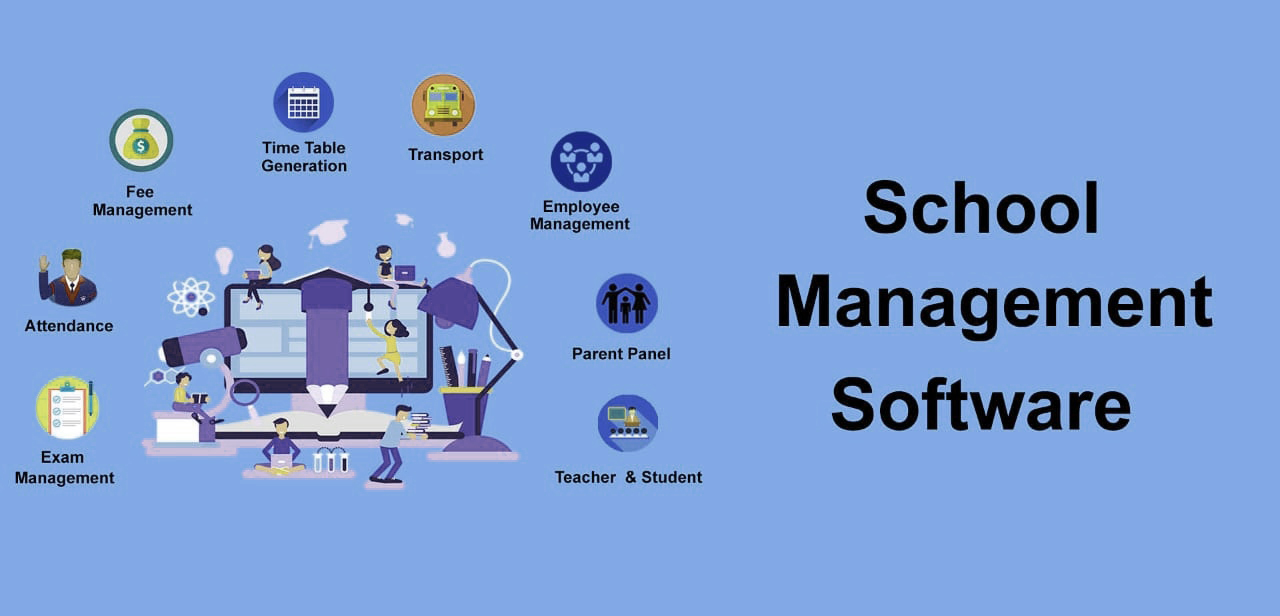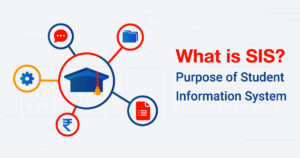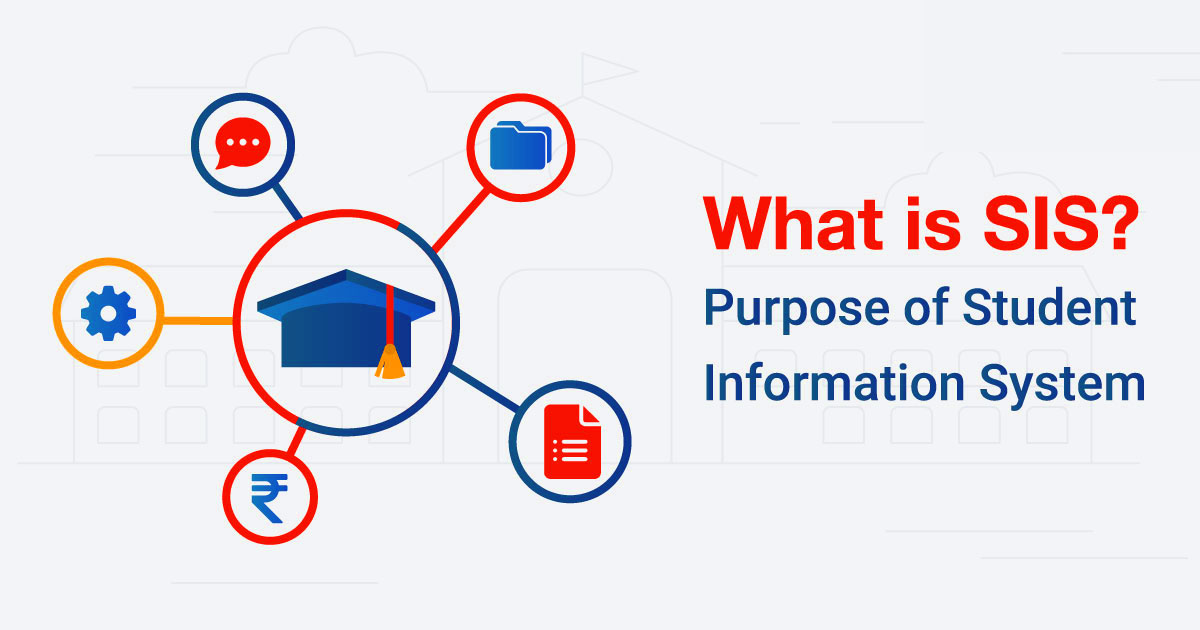Revealing the Fundamental Elements of a School Management System
The past few decades have seen remarkable technological advancements across the globe, and the education sector has not remained untouched by this transformation. School management systems have revolutionized the conventional approach to running educational institutions, introducing enhanced efficiency, precision, and efficacy to the process.
A school management system (SMS) is a comprehensive software solution crafted to automate a wide range of operations within a school. These operations span from managing student and teacher databases, staff information, courses, and classes to disseminating academic announcements. With a diverse array of functionalities, each component of an SMS holds a crucial role in establishing a seamless and effective learning environment. Let’s explore these fundamental components in detail.
Student Information Management:
A fundamental element, student information management, oversees all aspects of student-related data. This includes processes such as admissions, attendance records, grades, report cards, disciplinary histories, and health records. Centralizing this data streamlines tracking and updating, facilitating a seamless academic journey for each student.
Teacher Management:
Similar to student information management, teacher management focuses on faculty-related details. This component encompasses teacher profiles, class timetables, subject assignments, and performance evaluations. By monitoring teachers’ activities and contributions, this feature contributes to the enhancement of teaching quality.
Course and Curriculum Management:
This component assists in the creation and administration of curricula, courses, and lesson plans for each academic year. It also monitors the progression of classes and subjects throughout the year. A comprehensive course and curriculum management system ensures the provision of thorough and current educational content.
Communication and Collaboration Tools:
In today’s digital landscape, communication and collaboration tools have gained paramount importance. These tools facilitate efficient, real-time interaction among teachers, students, parents, and school administrators. They can encompass email systems, chat platforms, announcement boards, and more. Such tools foster a collaborative learning atmosphere and ensure transparency in school operations.
Fee Management and Financial Accounting:
A robust school management system should incorporate a comprehensive financial module to handle student fees, staff payroll, and other school-related expenses. This component should offer secure payment gateways, generate receipts, and provide financial reports to ensure accuracy and transparency in financial transactions.
Exam and Assessment Management:
This component aids in scheduling examinations, overseeing assessment procedures, grading, and generating report cards. It provides an efficient and accurate platform for evaluating students’ academic performance. Advanced systems may even include analytical tools to identify areas of improvement for individual students.
Library Management:
Library management, often underestimated but crucial, forms a part of a school management system. It oversees the school library’s inventory, book issuance and returns, and tracks overdue items. This component optimizes resource utilization and encourages effective use of library facilities by students.
Transport and Hostel Management:
For schools offering transportation and hostel services, this component is indispensable. It manages routes, vehicle maintenance, driver details, hostel room allocations, and related tasks. It guarantees the safety and seamless operation of these facilities, contributing to a holistic student experience.
School management systems and their constituent components serve as the foundational pillars of contemporary educational infrastructure. These systems bring together crucial elements within a unified framework, offering a comprehensive, well-organized, and efficient platform for overseeing school functions. As we progress deeper into the 21st century, their significance is poised to grow even more pronounced, exerting a significant influence on the evolution of education in the years to come.










